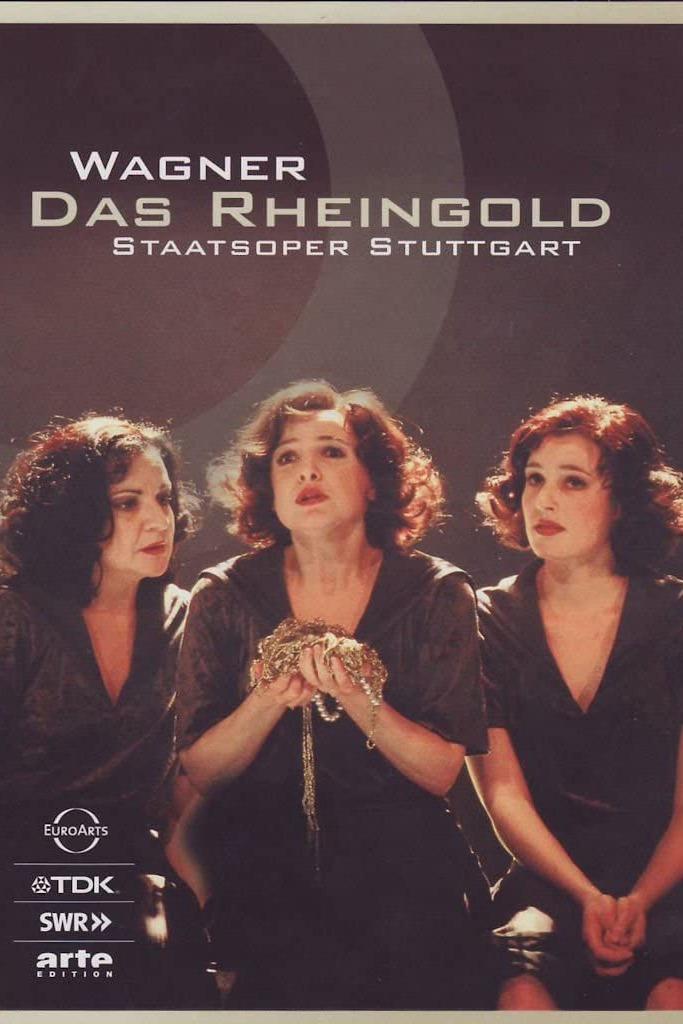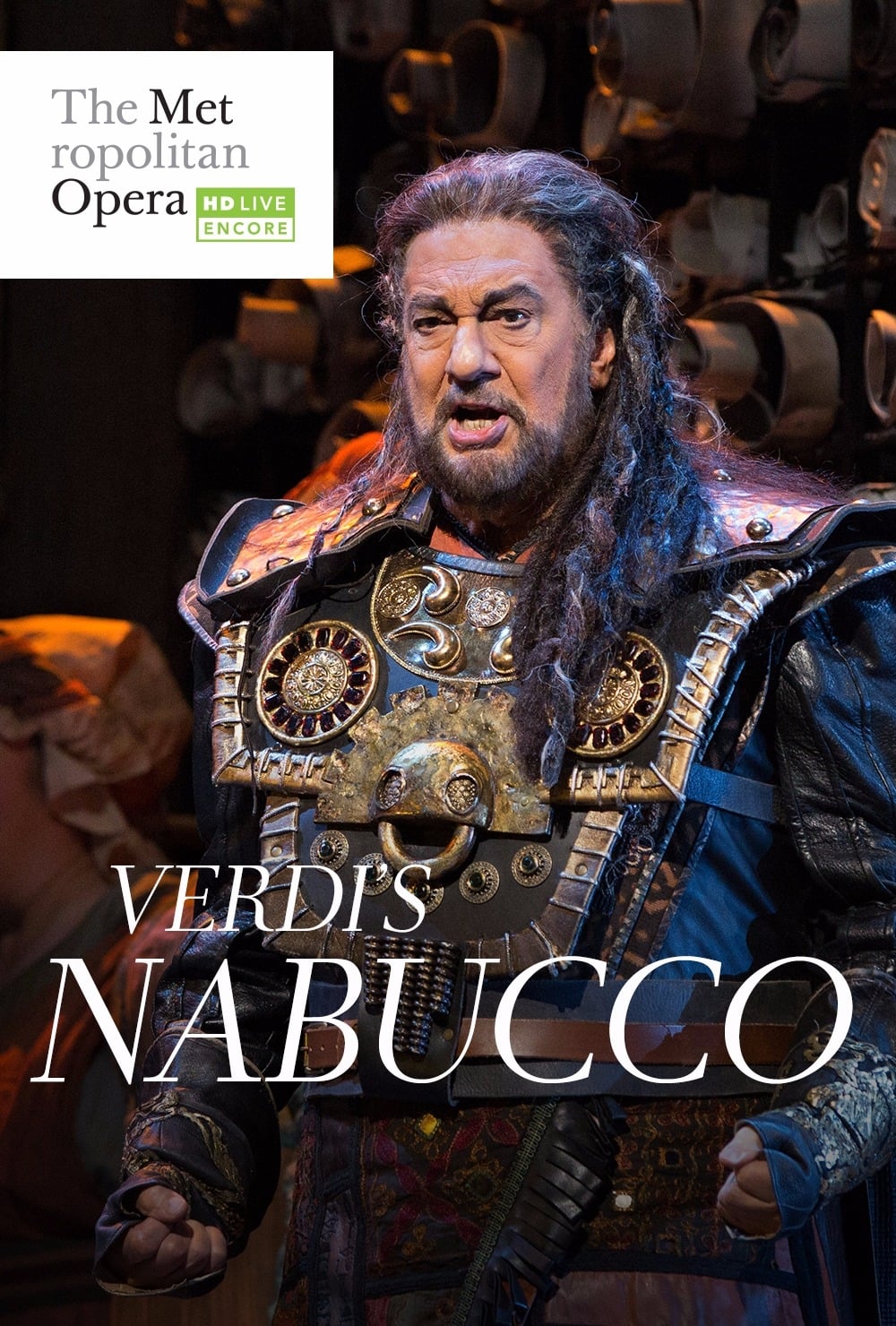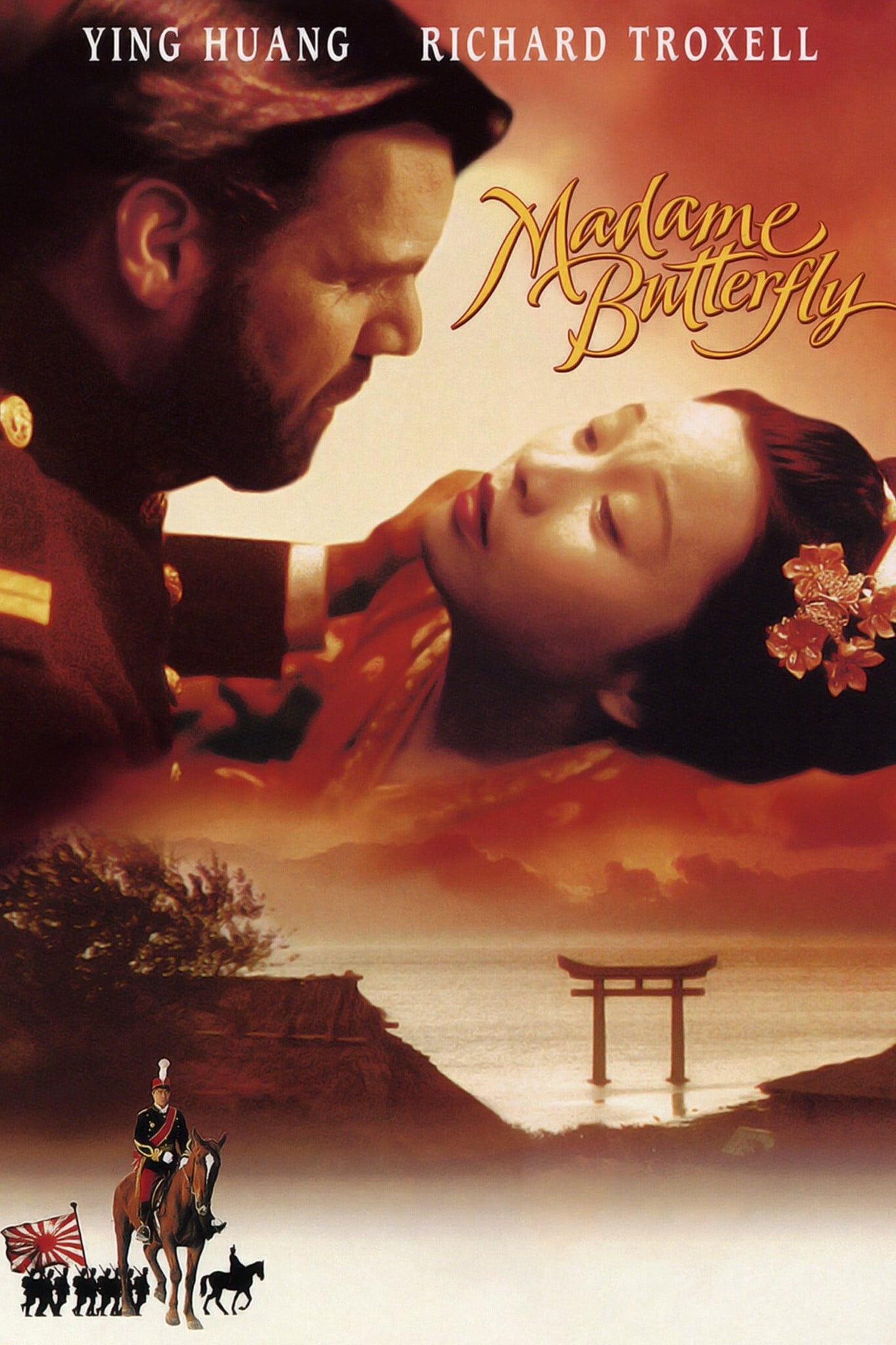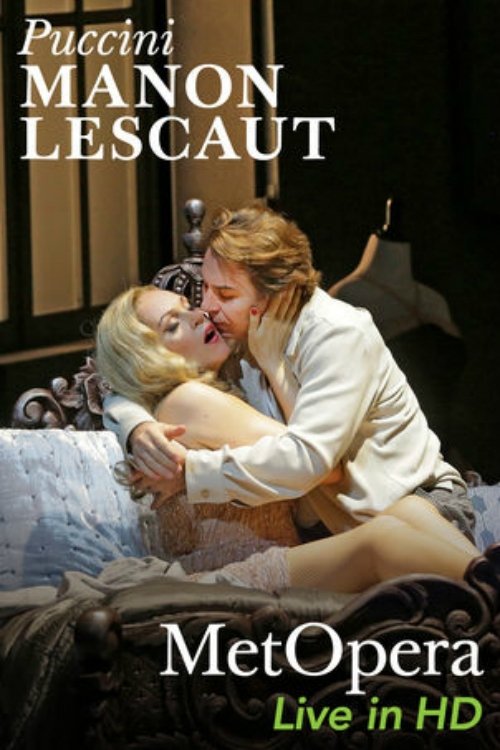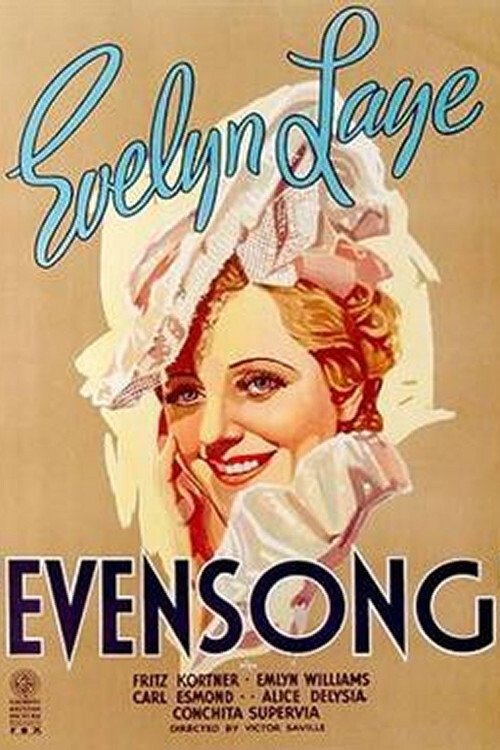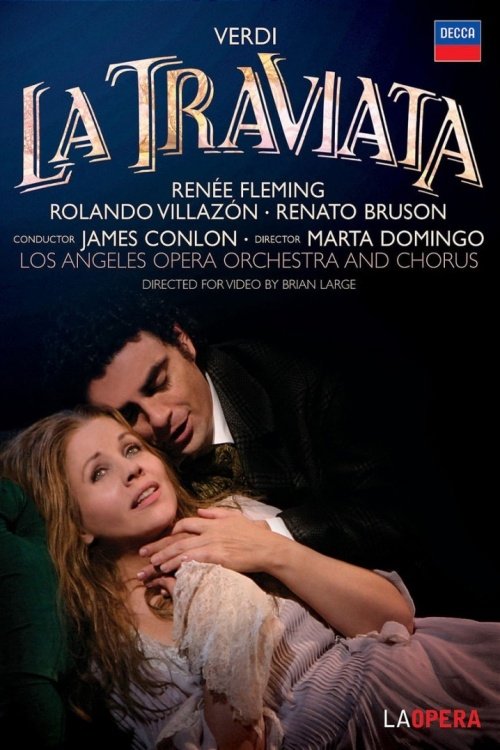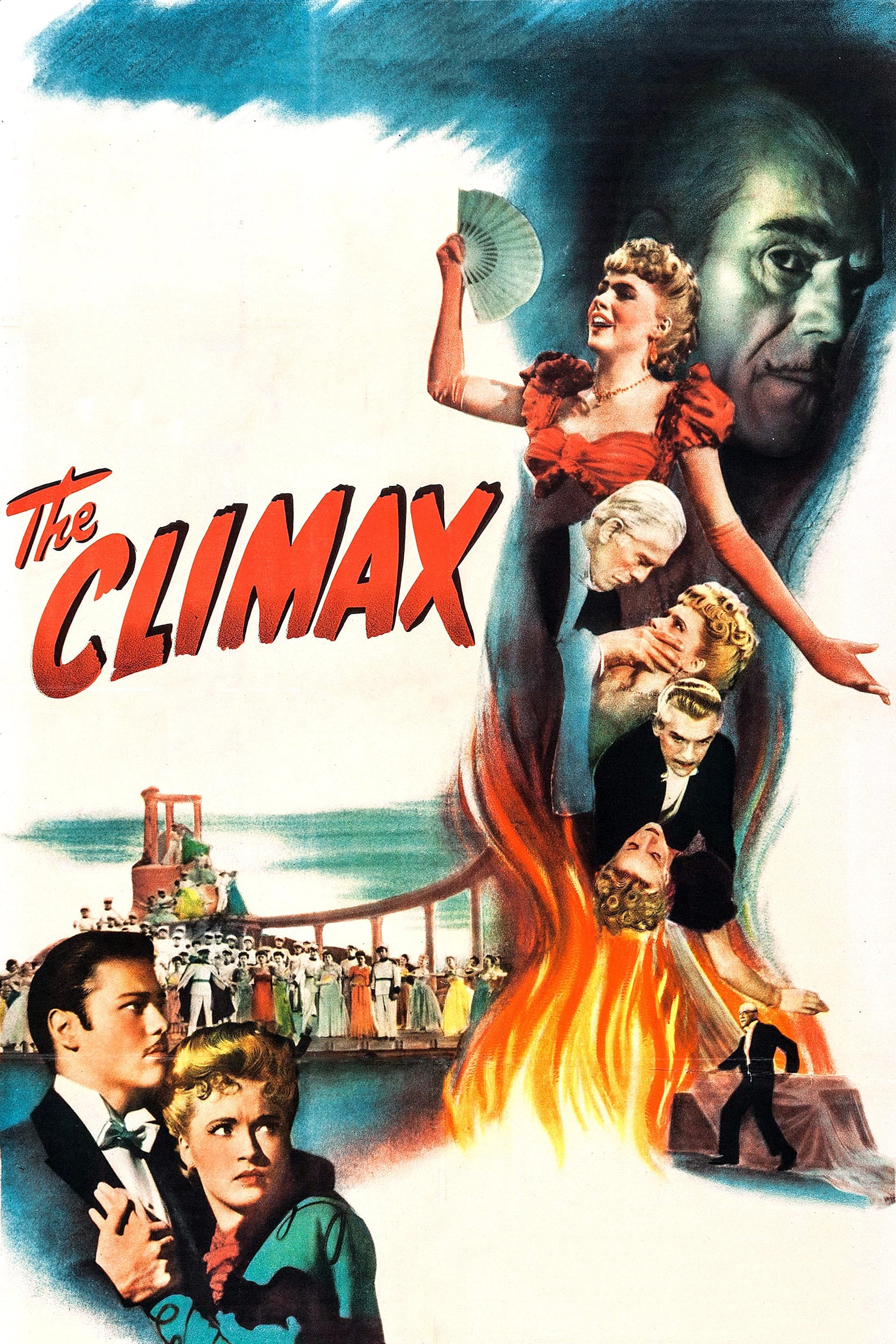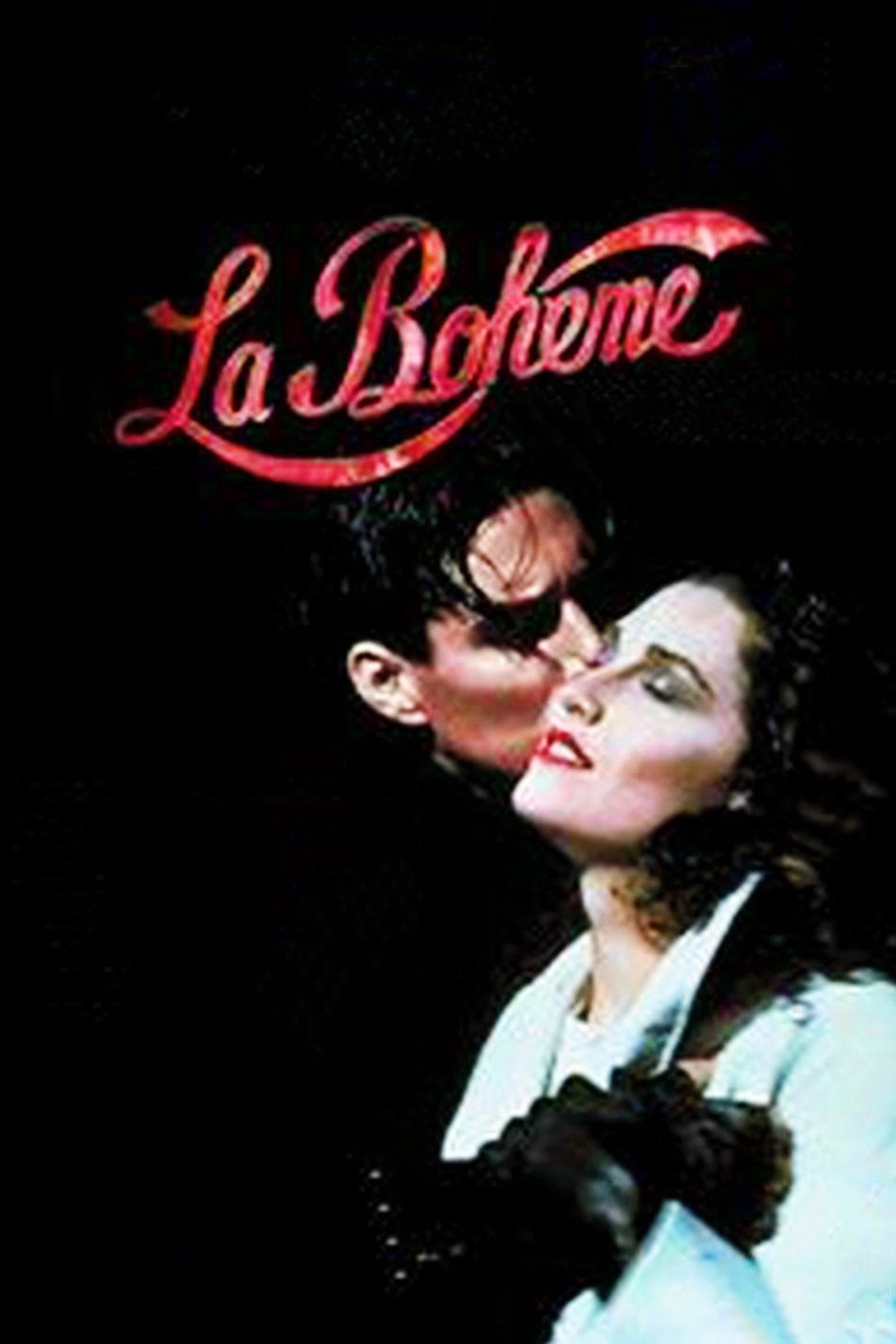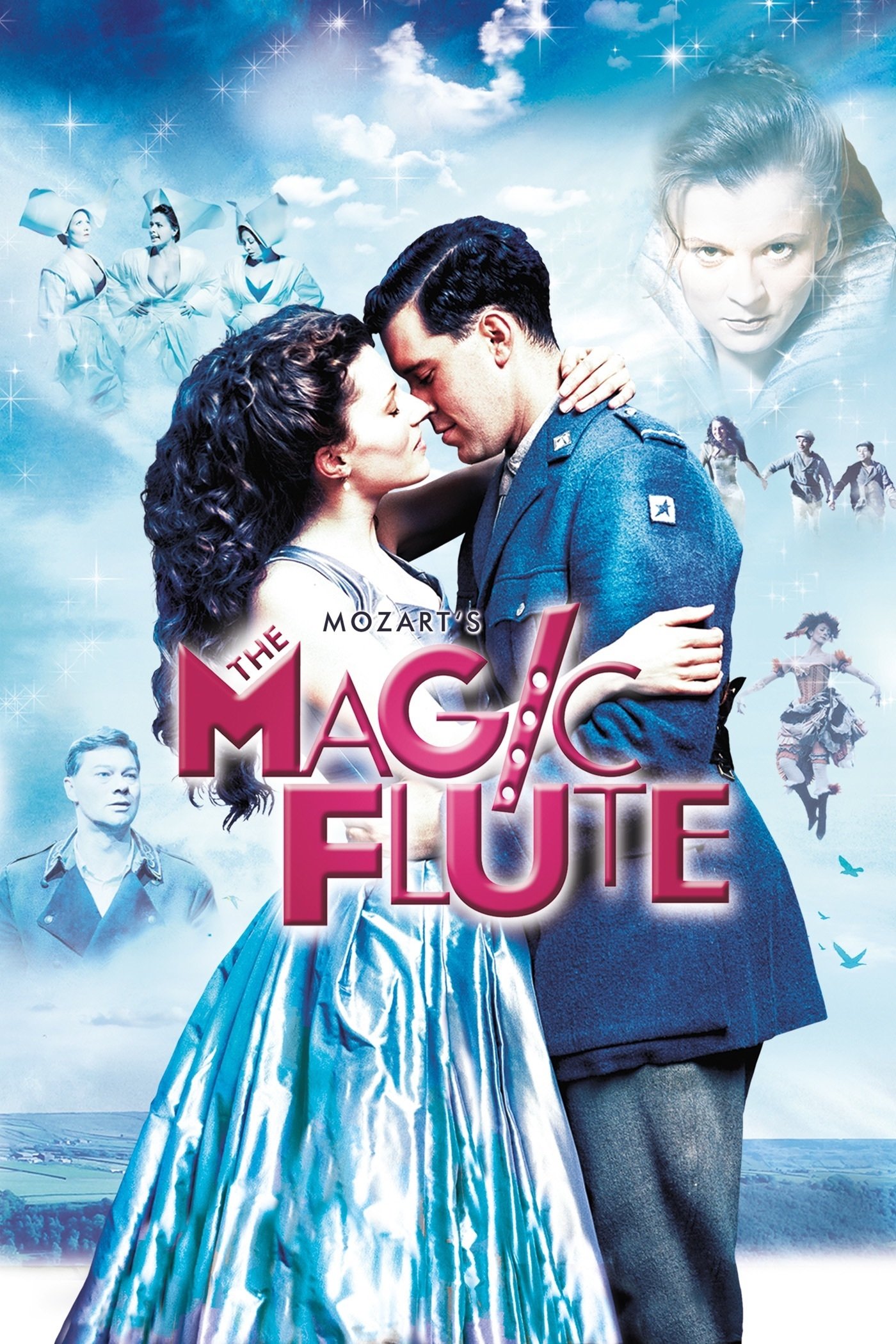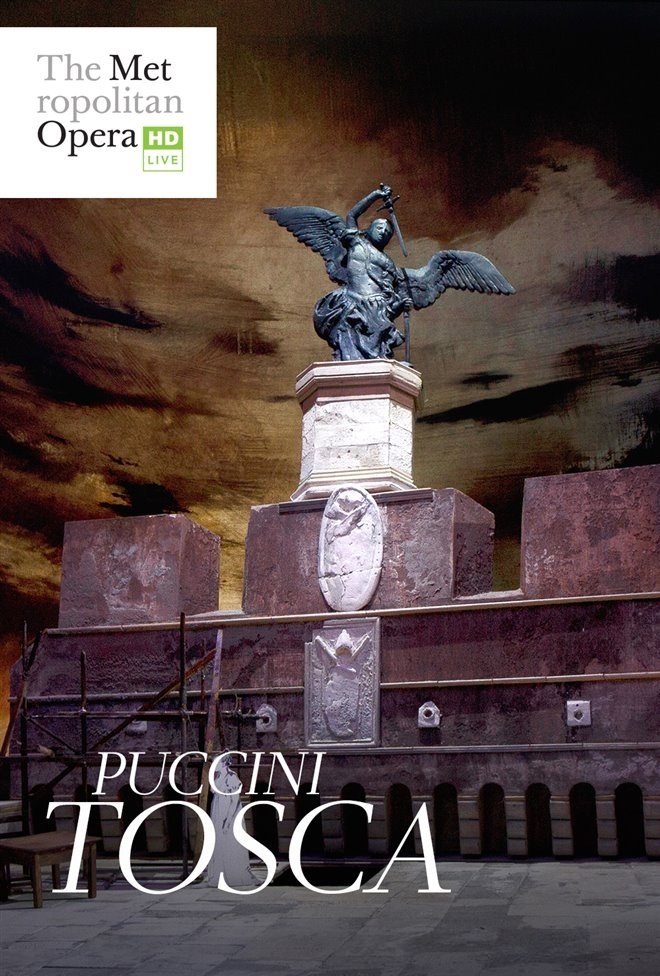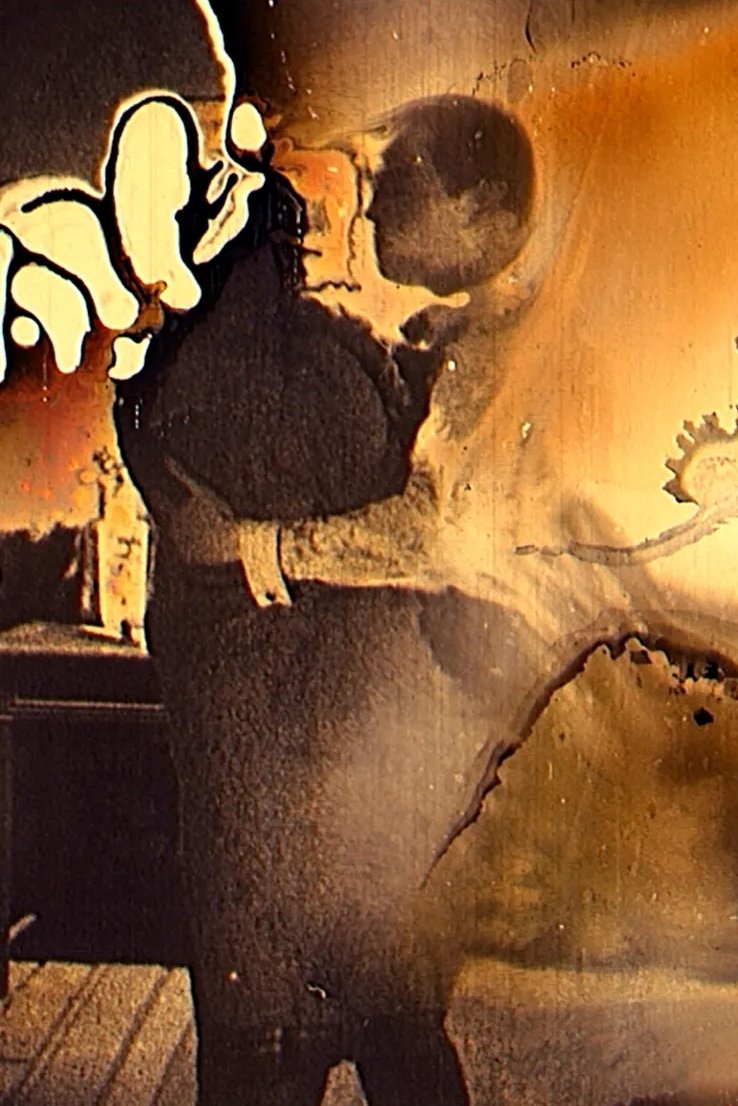Cast & Crew
14 members
Acting
Wolfgang Probst
Wotan
No Image
Acting
Motti Kastón
Donner
No Image
Acting
Bernhard Schneider
Froh
No Image
Acting
Robert Künzli
Loge
No Image
Acting
Esa Ruuttunen
Alberich
No Image
Acting
Eberhard Francesco Lorenz
Mime
No Image
Acting
Roland Bracht
Fasolt
No Image
Acting
Phillip Ens
Fafner
No Image
Acting
Michaela Schuster
Fricka
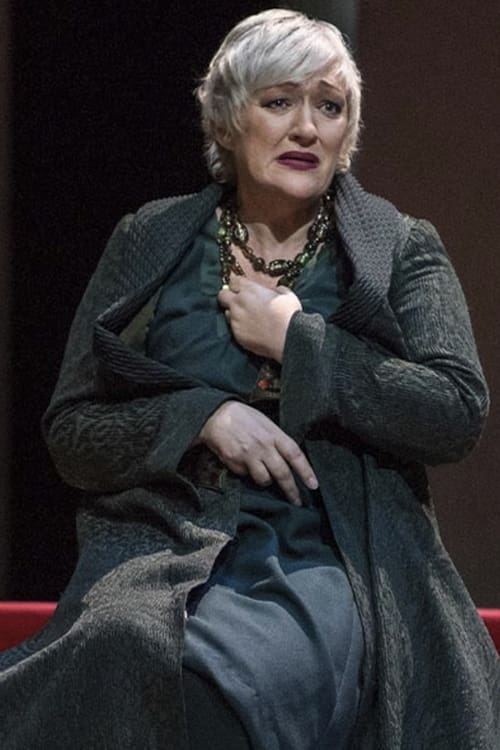
Acting
Helga Rós Indridadóttir
Freia
No Image
Acting
Mette Ejsing
Erda
No Image
Acting
Catriona Smith
Woglinde
No Image
Acting
Maria Theresa Ullrich
Wellgunde
No Image
Acting
Margarete Joswig
Floßhilde
No Image
Similar Movies
Recommended Movies

No Recommendations Yet
We're working on finding the perfect movies for you. Check back soon!
More movies coming soon
